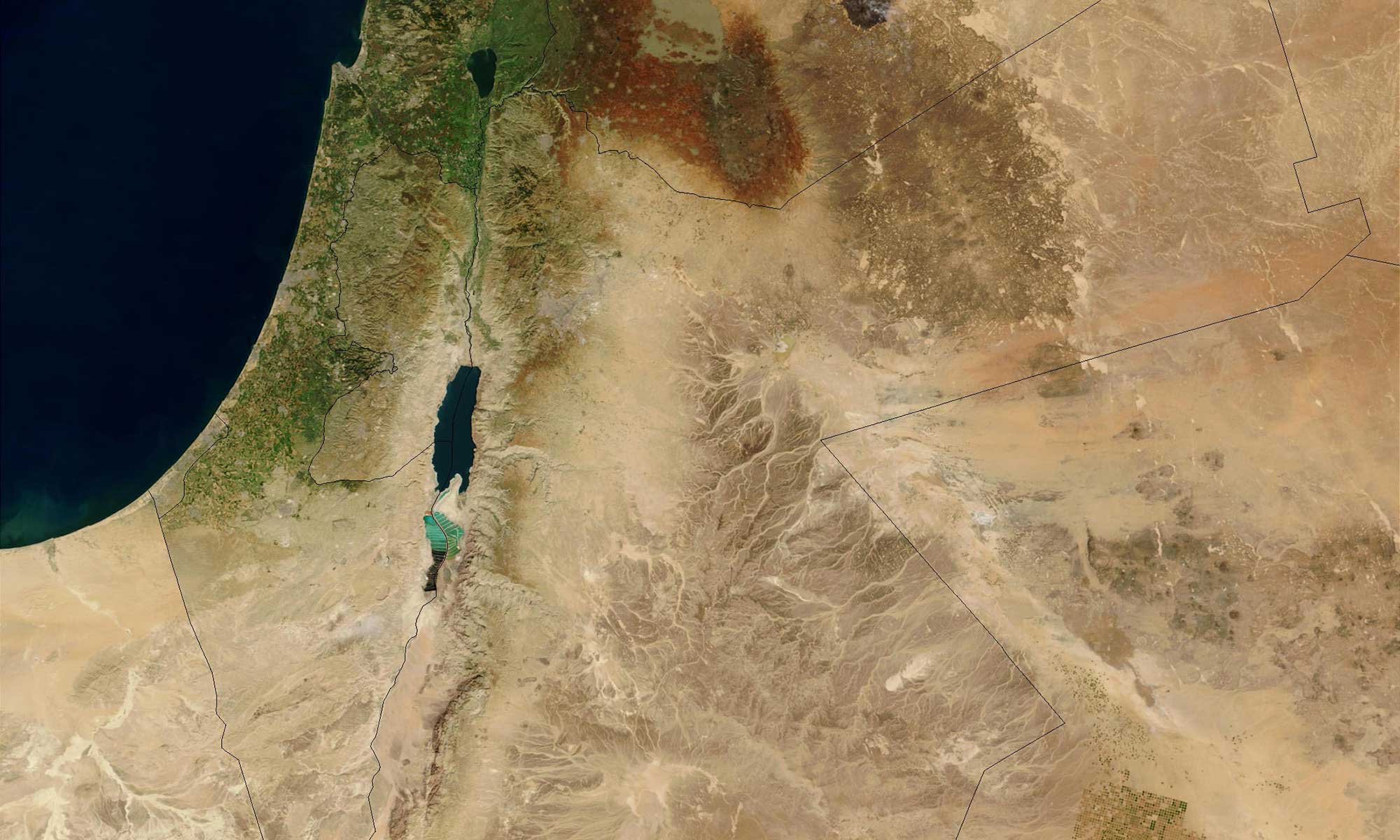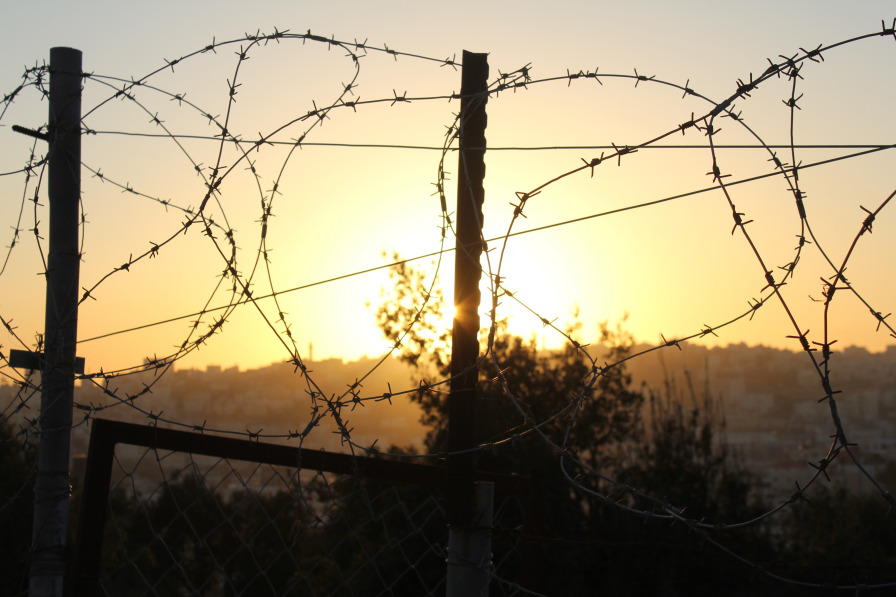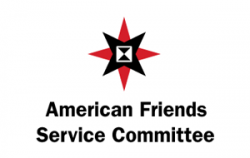PUBLISHED: JANUARY 8, 2018
Yesterday the American Friends Service Committee (AFSC) was included on a list of 20 organizations whose staff may be denied entry to Israel because of their support for the Palestinian-led boycott, divestment, and sanctions (BDS) movement.
Motivated by Quaker belief in the worth and dignity of all people, AFSC has supported and joined in nonviolent resistance for over 100 years. We answered the call for divestment from apartheid in South Africa, and we have done the same with the call for BDS from Palestinians who have faced decades of human rights violations.
Throughout our history, we have stood with communities facing oppression and violence around the world. In 1947 we were awarded the Nobel Peace Prize in part for our support for Jewish refugees fleeing the Holocaust. We will continue our legacy of speaking truth to power and standing for peace and justice without exception in Israel, occupied Palestine, and around the world.

All people, including Palestinians, have a right to live in safety and peace and have their human rights respected. For 51 years, Israel has denied Palestinians in the occupied territories their fundamental human rights, in defiance of international law. While Israeli Jews enjoy full civil and political rights, prosperity, and relative security, Palestinians under Israeli control enjoy few or none of those rights or privileges.
The Palestinian BDS call aims at changing this situation, asking the international community to use proven nonviolent social change tactics until equality, freedom from occupation, and recognition of refugees’ right to return are realized. AFSC’s Principles for a Just and Lasting Peace in Palestine and Israel affirm each of these rights. Thus, we have joined others around the world in responding to the Palestinian-led BDS call. As Palestinians seek to realize their rights and end Israeli oppression, what are the alternatives left to them if we deny them such options?
Quakers pioneered the use of boycotts when they helped lead the “Free Produce Movement,” a boycott of goods produced using slave labor during the 1800s. AFSC has a long history of supporting economic activism, which we view as an appeal to conscience, aimed at raising awareness among those complicit in harmful practices, and as an effective tactic for removing structural support for oppression.
The 17th century Quaker abolitionist John Woolman spoke to the spiritual foundation of this work when he said, “May we look upon our treasures, and the furniture of our houses, and the garments in which we array ourselves, and try whether the seeds of war have nourishment in these our possessions.”
The ban on entry to Israel for activists who support the Palestinian-led BDS movement is part of a larger effort by the Israeli government to silence and constrain human rights and anti-occupation activists. In recent months, more Palestinian activists have faced arrest, death threats, and imprisonment without charge or trial in response to nonviolent activism for human rights. In addition, organizations inside Israel have been denied funding and access to event venues and have faced threats of trial and imprisonment.
At a time when the Israeli government is moving to expand settlements, redefine Jerusalem, and annex portions of the West Bank, support for nonviolent activism that seeks freedom, equality, and justice is critical.
Therefore, as long as these and other human rights violations persist, we will continue to support Palestinian-led boycott, divestment, and sanctions efforts as effective nonviolent tools for realizing political and social change. We hope one day to see Israelis and Palestinians live together in peace. This will only happen when the human rights of all are recognized and respected.
ORIGINAL STATEMENT HERE (JAN 8, 2018)
AFSC: Boycott, divestment and sanctions explained
Other organizations banned because of BDS advocacy
What is BDS?
 JTA – A Quaker group has removed a French and an American company from its financial portfolio due to what it calls the companies’ involvement in Israel’s occupation of Palestinian lands.
JTA – A Quaker group has removed a French and an American company from its financial portfolio due to what it calls the companies’ involvement in Israel’s occupation of Palestinian lands.
















